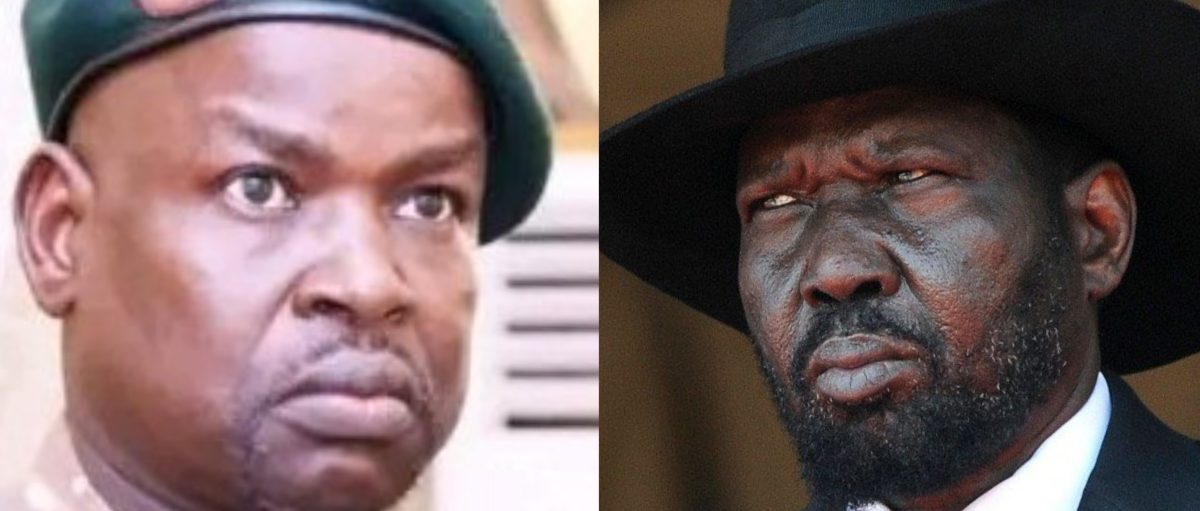South Sudan’s President Salva Kiir on Wednesday dismissed Benjamin Bol Mel as vice president and deputy leader of the ruling Sudan People’s Liberation Movement (SPLM), in a dramatic political shake-up that has deepened uncertainty over the country’s succession and stability.
The dismissal, announced in a presidential decree read on state television, also saw Kiir fire the governor of the central bank and the head of the revenue authority — both considered close allies of Bol Mel.
The reshuffle follows mounting speculation in Juba that Bol Mel, once widely believed to be Kiir’s preferred successor, had fallen out of favour.
Bol Mel, who was appointed vice president in February, was simultaneously stripped of his military rank of general — a position Kiir had conferred on him just two months ago.
The decree offered no explanation for the dismissals, but sources familiar with the matter told Reuters that the move came hours after the security presence around Bol Mel’s residence was reduced.
The ousted vice president has long faced allegations of corruption. He has been under U.S. sanctions since 2017, accused of using his proximity to Kiir to amass wealth through opaque government contracts.
A recent U.S. report claimed that companies linked to Bol Mel received $1.7 billion for road construction projects that were never completed. He has never publicly responded to the allegations.
The U.S. Treasury previously described Bol Mel as Kiir’s “principal financial advisor,” though the president’s office denied that characterization.
His elevation earlier this year was seen by many in Juba as a sign that Kiir, now 74, was grooming him as a potential successor — a prospect that reportedly unsettled sections of the political and military establishment.
South Sudan, the world’s youngest nation, has been mired in political instability since its independence from Sudan in 2011. A brutal civil war between Kiir and his then-deputy Riek Machar claimed an estimated 400,000 lives before a fragile peace agreement was reached in 2018.
That peace now appears increasingly fragile. Elections initially planned for 2022 and 2024 have been repeatedly postponed, and Machar — who serves as First Vice President under the unity government — was arrested in March and charged with treason.
His detention has fueled renewed clashes between forces loyal to Kiir and various armed groups across the country.
Analysts warn that Kiir’s latest purge could heighten tensions within the ruling party and deepen divisions in the military, raising fears of a relapse into conflict.
With succession battles intensifying and violence flaring in several regions, the political outlook for South Sudan remains highly uncertain.

